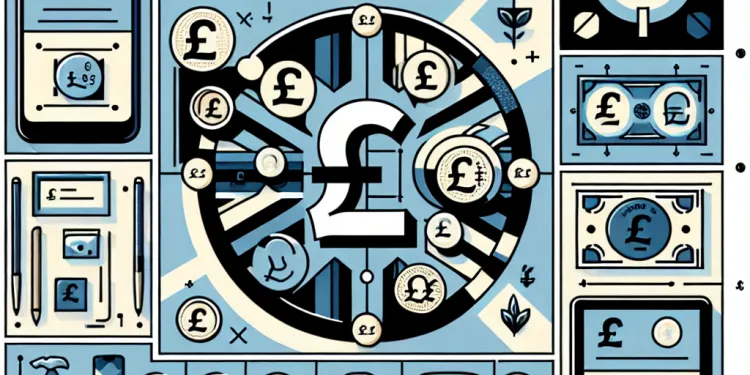
Find Help
More Items From Ergsy search
-
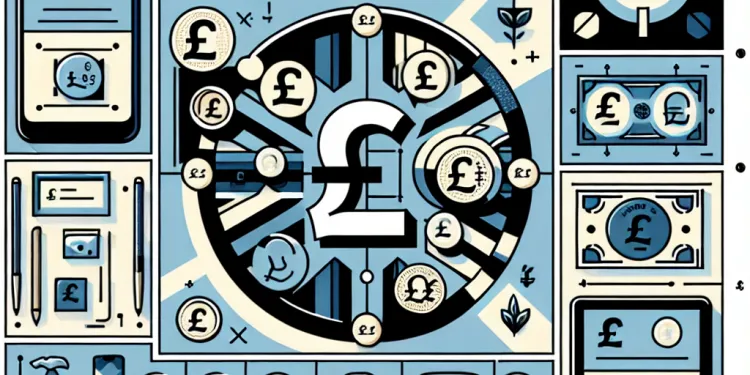
Is honour based abuse a cultural practice?
Relevance: 100%
-

What is Honour Based Abuse?
Relevance: 76%
-

Can men be perpetrators of honour based abuse?
Relevance: 66%
-
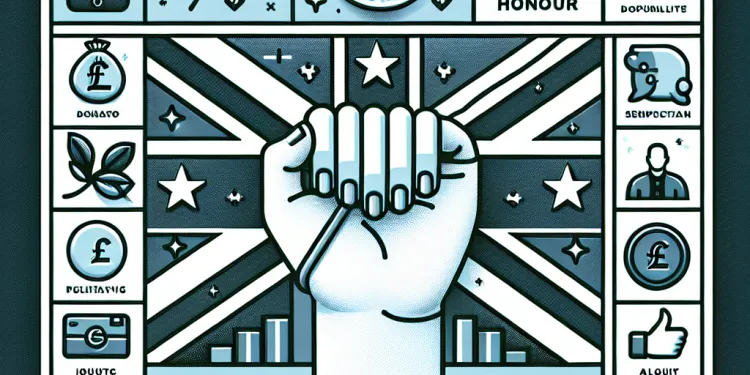
How does honour based abuse impact victims?
Relevance: 61%
-

Who can be a victim of honour based abuse?
Relevance: 60%
-
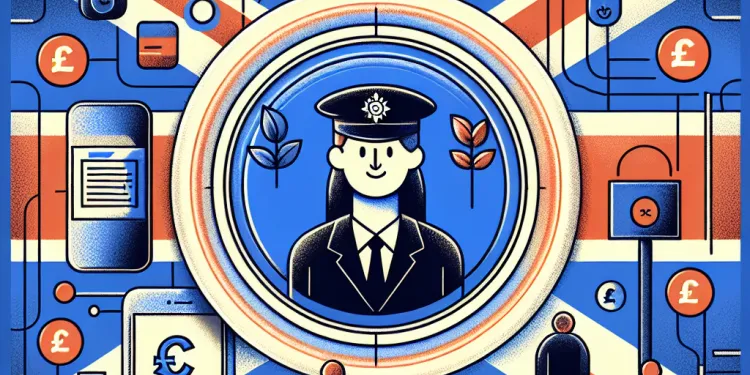
What are the signs of honour based abuse?
Relevance: 60%
-

How can honour based abuse be prevented?
Relevance: 59%
-

What forms can honour based abuse take?
Relevance: 55%
-

What is the purpose of honour based abuse?
Relevance: 32%
-

How prevalent is honour based abuse?
Relevance: 32%
-
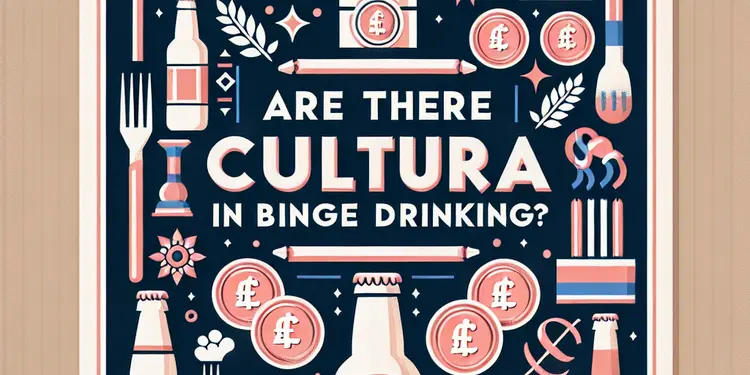
Are there cultural factors in binge drinking?
Relevance: 27%
-

When Kids Abuse Kids
Relevance: 24%
-
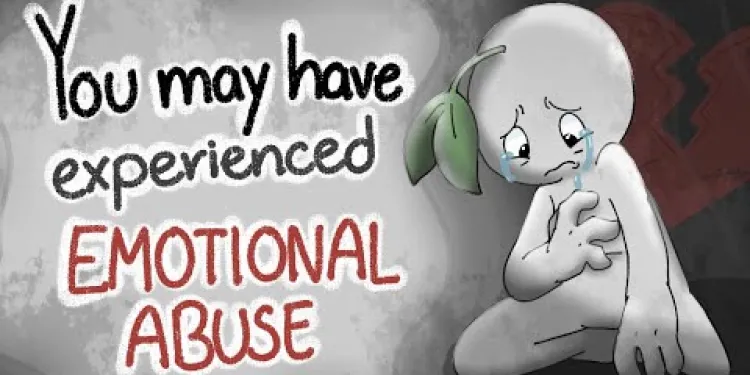
6 Signs of Emotional Abuse and Neglect
Relevance: 23%
-
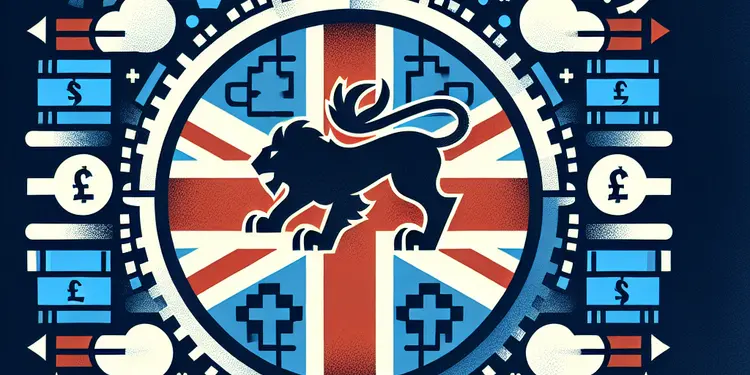
What constitutes economic abuse under the Domestic Abuse Act 2021?
Relevance: 22%
-
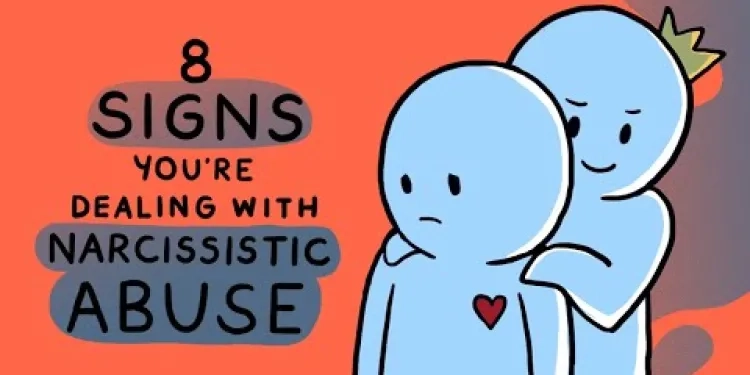
8 Signs You Are Dealing with Narcissistic Abuse
Relevance: 22%
-

What is the new Domestic Abuse Act in the UK?
Relevance: 22%
-

Understanding the Impact of the UK's New Domestic Abuse Legislation
Relevance: 22%
-
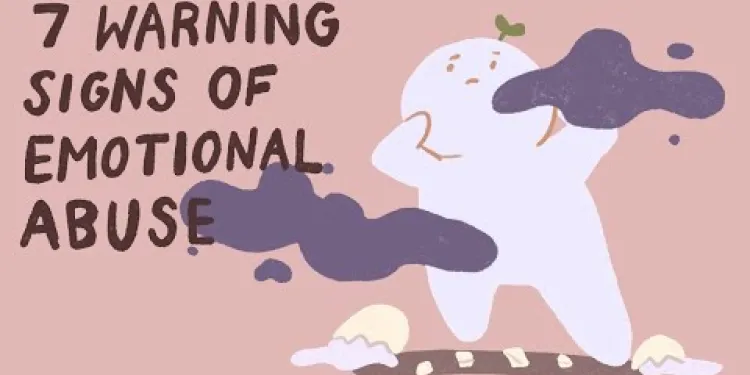
7 Warning Signs of Emotional Abuse
Relevance: 22%
-
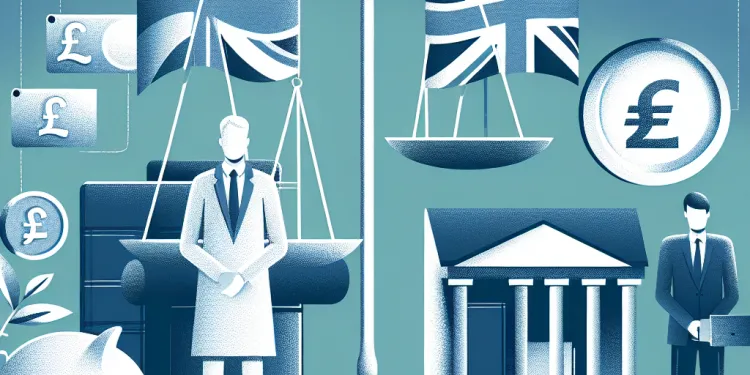
Understanding the New Domestic Abuse Laws in the UK
Relevance: 21%
-
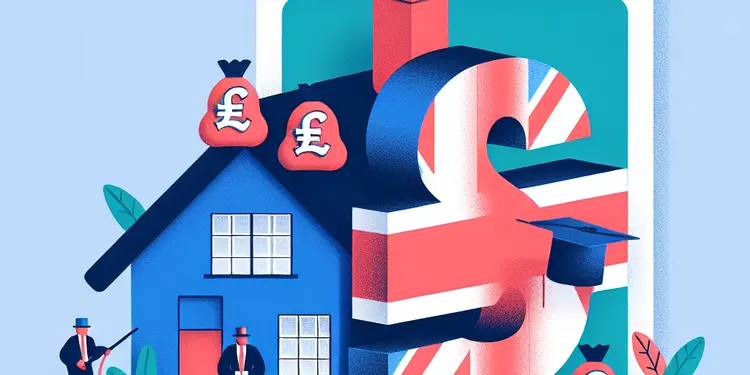
Who can be considered a domestic abuse perpetrator under the new law?
Relevance: 21%
-
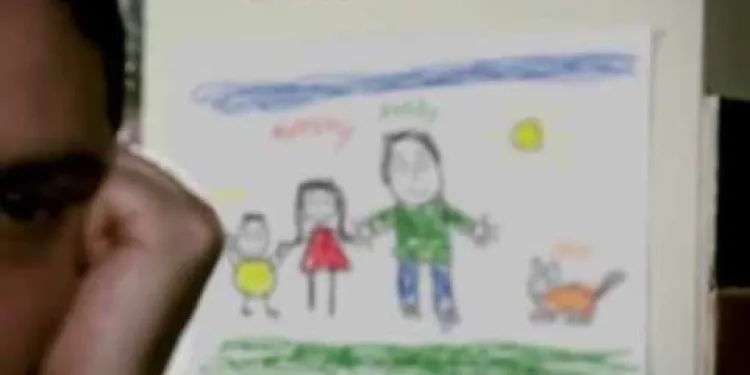
Are you a male victim of domestic abuse?
Relevance: 21%
-
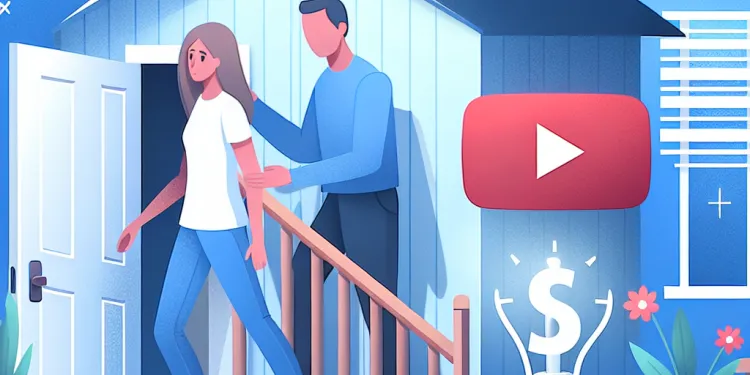
Steps to Take When Facing Domestic Abuse
Relevance: 21%
-

Can I practice my religion?
Relevance: 21%
-
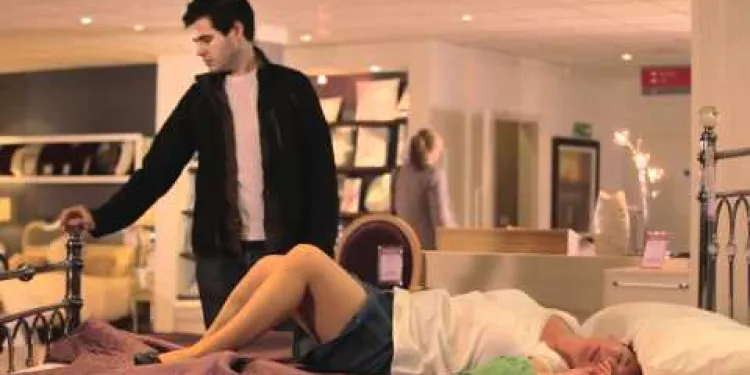
Live Fear Free - Domestic Abuse
Relevance: 21%
-

Does bereavement leave cover funerals for cultures or religions with extended mourning periods?
Relevance: 20%
-
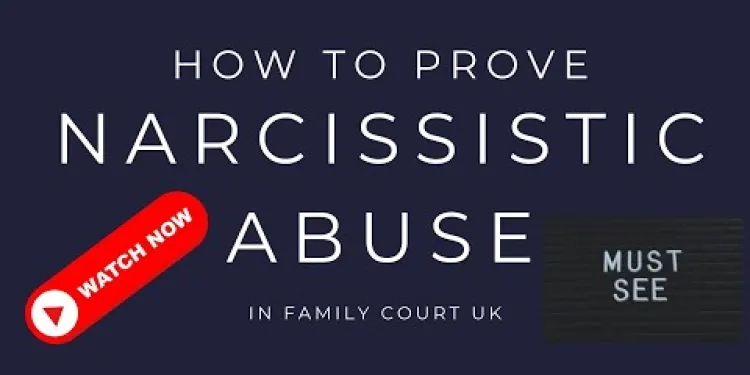
How To Prove Narcissistic Abuse In Family Court UK
Relevance: 20%
-
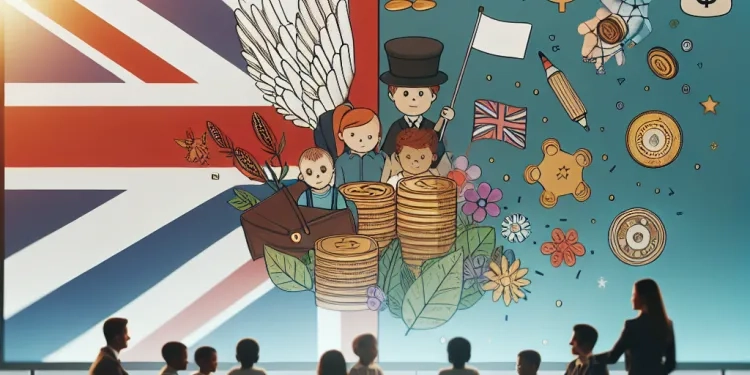
Three-year limit for child sexual abuse claims to be removed
Relevance: 20%
-

Live Fear Free - The Effect of Domestic Abuse on Children
Relevance: 19%
-

When did the Domestic Abuse Act 2021 come into effect?
Relevance: 19%
-
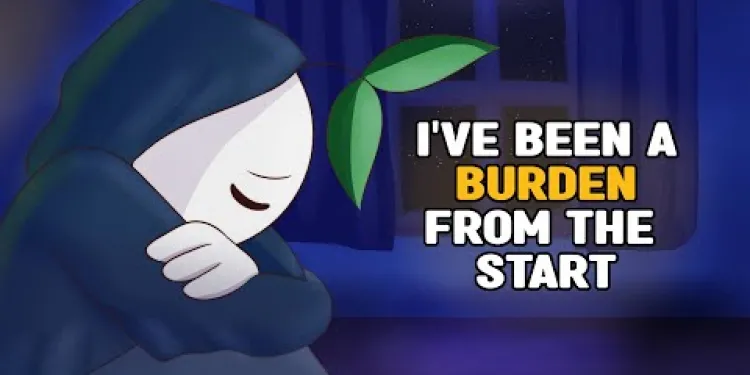
5 Signs You've Been Mentally Abused
Relevance: 18%
-

What should I do if my NHS dentist's practice closes?
Relevance: 17%
-
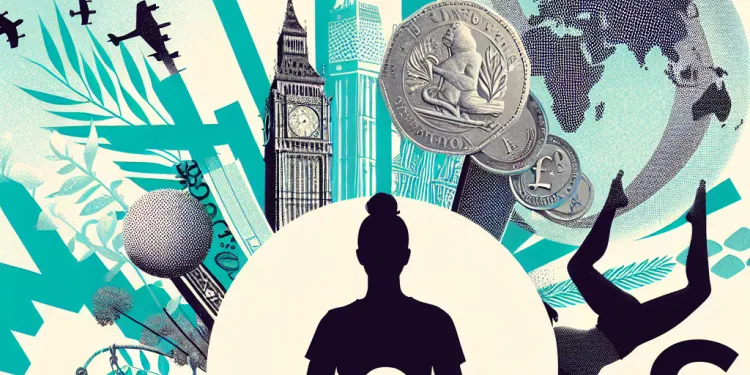
How can I modify my yoga practice during pregnancy?
Relevance: 16%
-

How can I practice first aid skills effectively?
Relevance: 15%
-
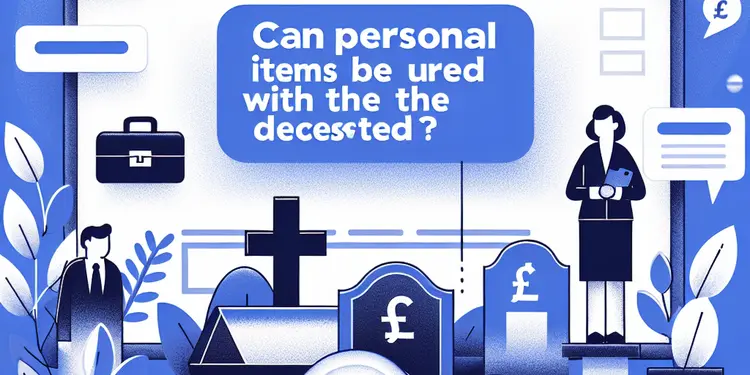
Can personal items be buried with the deceased?
Relevance: 15%
-
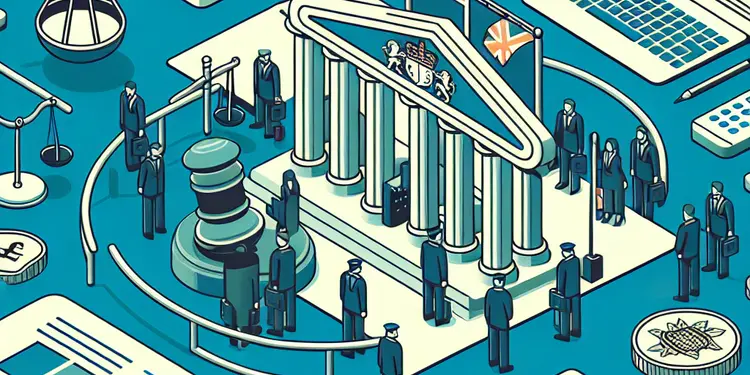
Calls for Reform as Report Highlights Disparities in Sentencing Practices
Relevance: 14%
-

What is a social prescriber, and how do they support general practice?
Relevance: 14%
-

How do community helpers stay updated on best practices?
Relevance: 13%
-
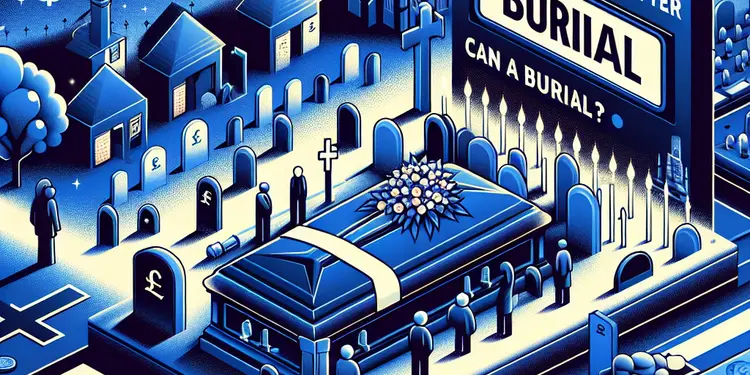
How soon after death can a burial take place?
Relevance: 13%
-
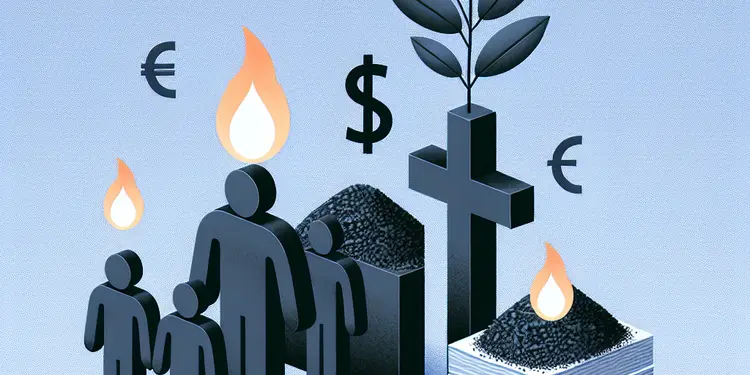
Can cremation ashes be divided among family members?
Relevance: 13%
-

What storage practices should I follow for baby food?
Relevance: 12%
Understanding Honour Based Abuse
Honour based abuse (HBA) refers to incidents of violence, threats, or abuse that are committed to protect or defend the honour of a family or community. This form of abuse often targets individuals who are perceived to have brought shame or dishonour upon their family. Honour based abuse can encompass a wide range of harmful practices, including forced marriage, female genital mutilation (FGM), and even honour killings. These acts are often justified by the perpetrators as being necessary to restore the family's reputation.
Is Honour Based Abuse a Cultural Practice?
The term "cultural practice" can be misleading when applied to honour based abuse. While it's true that HBA is more prevalent in certain communities and societies, it is not accurate or appropriate to label it simply as a cultural tradition. This labeling can risk conflating an egregious human rights violation with cultural norms, inadvertently perpetuating stereotypes and stigmatizing entire communities. Rather, honour based abuse should be understood as a social issue rooted in power dynamics, gender inequality, and patriarchal structures, rather than as a cultural practice.
The Cultural Context
Honour based abuse often occurs in communities where collective family reputation and male dominance are highly valued, and individual autonomy, especially for women, is restricted. In these contexts, the concept of honour is closely tied to the perceived purity, chastity, and obedience of female family members. When these perceived norms are violated, family members may choose to retaliate through abusive actions in an attempt to "cleanse" the dishonour. While culture does play a role in shaping the environment where HBA can occur, the practice itself is a manifestation of controlling behaviours and outdated values rather than a legitimate cultural practice.
Legal and Social Responses in the UK
The UK takes a firm stance against honour based abuse, categorizing it as a serious crime. Various legislative measures have been enacted to protect potential victims and prosecute offenders, such as the Forced Marriage Act 2007 and FGM Act 2003. Additionally, social services, charities, and law enforcement agencies work collaboratively to raise awareness, provide support to victims, and prevent future incidents. Cultural sensitivities are also considered in these efforts to ensure effective intervention without alienating communities.
The Importance of Education and Awareness
Tackling honour based abuse requires a multifaceted approach that includes education, community engagement, and support services. Raising awareness about the illegal and harmful nature of HBA, alongside promoting gender equality and human rights, is crucial. Community leaders and influencers have a vital role in challenging the narratives that justify honour based abuse and fostering environments where respect and equality prevail, contributing to cultural change from within.
Understanding Honour Based Abuse
Honour based abuse (HBA) happens when people use violence, threats, or harm to protect the honour of their family or community. This type of abuse is often aimed at people who are thought to have brought shame on their family. It can include bad things like forced marriage, female genital mutilation (FGM), and even honour killings. The people who do this often say they need to do it to fix their family's reputation.
Is Honour Based Abuse a Cultural Practice?
Calling honour based abuse a "cultural practice" can be confusing. It is true that it happens more in some communities, but it is not just a cultural tradition. Saying it is cultural can make it sound like it is normal, which it is not. Honour based abuse is about power, unfairness between men and women, and control, not about culture.
The Cultural Context
Honour based abuse often happens where family honour and male power are very important. In these places, women may not have much freedom. Honour is linked to how pure, clean, and obedient women are seen to be. If these rules are broken, families might react badly to "clean" the dishonour. While culture affects when and where HBA happens, it is really about control and old-fashioned ideas, not true culture.
Legal and Social Responses in the UK
The UK takes honour based abuse very seriously and treats it as a big crime. There are laws like the Forced Marriage Act 2007 and FGM Act 2003 that protect people and punish those who break these laws. Social services, charities, and police work together to help victims and stop these actions. They also try to understand community differences to help without causing more harm.
The Importance of Education and Awareness
Stopping honour based abuse needs many actions like education, working with communities, and support services. It's important to teach people that HBA is wrong and illegal. Promoting fairness between men and women and human rights is key. Community leaders can help change wrong beliefs and create safe places where everyone is respected equally.
Frequently Asked Questions
What is honour based abuse?
Honour based abuse is a form of violence or abuse committed to protect or defend the perceived honour of a family or community.
Is honour based abuse considered a cultural practice?
While some may view honour based abuse as stemming from cultural traditions, it is not a legitimate cultural practice; it is a violation of human rights.
How does honour based abuse manifest?
It can manifest as physical violence, emotional abuse, forced marriage, or even murder, purportedly to protect family honour.
Which communities are affected by honour based abuse?
Honour based abuse can occur in various ethnic communities across the world. It is not restricted to one specific culture or religion.
Why do perpetrators commit honour based abuse?
Perpetrators often believe they are maintaining or restoring their family's honour and social standing within a community.
Is honour based abuse legal?
No, honour based abuse is illegal in many countries and is considered a form of domestic violence or abuse.
How can we prevent honour based abuse?
Prevention involves education, awareness, legal enforcement, and support systems for potential victims.
What are the signs of honour based abuse?
Signs can include withdrawal from social activities, changes in behavior, appearance of fear regarding community or family, and direct threats of violence.
Can victim support organizations help with honour based abuse?
Yes, there are organizations dedicated to assisting victims of honour based abuse through counseling, legal aid, and safe housing.
Is forced marriage a form of honour based abuse?
Yes, forced marriage is often considered a form of honour based abuse as it is sometimes used to control or punish individuals who are perceived as bringing shame.
Are men victims of honour based abuse?
While women and girls are more commonly victims, men can also be subjected to honour based abuse.
How is honour based abuse related to domestic violence?
Honour based abuse is a subset of domestic violence, as it often occurs within families with the complicity or collaboration of family members.
Is honour based abuse recognized internationally?
Yes, it is recognized as a violation of human rights internationally and is condemned by many countries and organizations.
Why is the term 'honour' misleading in this context?
The term 'honour' is misleading because it implies a justification for abuse, whereas these acts are unjust and criminal.
Can honour based abuse occur in any country?
Yes, honour based abuse can occur in any country, irrespective of cultural or religious backgrounds, due to migration and diaspora communities.
What legal measures exist to combat honour based abuse?
Many countries have laws against domestic violence and specific legislation against forced marriage and honour based violence.
What should you do if you suspect someone is a victim of honour based abuse?
Seek help from authorities or organizations that specialize in domestic violence or honour based abuse and offer support to the victim.
Are there cultural practices often confused with honour based abuse?
Some traditional practices like arranged marriages may be mistaken for honour based abuse, but they are distinct from forced marriages.
What role does education play in combating honour based abuse?
Education raises awareness and challenges cultural norms that justify or perpetuate honour based abuse.
Can honour based abuse have long-term psychological effects?
Yes, victims often suffer from long-term psychological effects such as PTSD, anxiety, and depression.
What is Honour Based Abuse?
Honour based abuse is when someone hurts another person to protect family or community pride. It can be hitting, shouting, or not letting someone do what they want.
If you feel scared or unsafe, talk to a trusted adult or call a helpline for help.
There are people who care and want to keep you safe.
Honour-based abuse is when someone hurts another person because they think it protects their family's or group's good name.
Is honour-based abuse a cultural practice?
Honour-based abuse is not just part of culture. It's when people hurt others to protect their family's honour or reputation. This kind of abuse is wrong.
If you or someone you know is in danger, it's important to get help. You can talk to a trusted adult or call a helpline for support.
Use pictures or videos to help understand these ideas. Talking with someone can also make it clearer.
Some people might think honour-based abuse comes from cultural traditions. But it is not a real culture practice; it is a breach of human rights.
What does honour-based abuse look like?
This can be when someone hurts another person. It can be hitting, saying mean things, forcing someone to marry, or even killing. People do this to try to keep their family's good name.
Who does honour based abuse hurt?
Honour based abuse can affect people in many communities. This means it can happen to people from different backgrounds and cultures. It's important to help everyone stay safe. If you or someone you know is scared or hurt, tell a trusted adult. You can also talk to someone at a support center. They can help and listen.
Honour-based abuse can happen in different groups of people all around the world. It is not just found in one culture or religion.
Why do people do honour based abuse?
People do honour based abuse because of their beliefs. They think this abuse will protect the family's reputation. They believe it keeps family traditions strong.
Some people think girls and women should behave in certain ways. If not, they believe family honour is harmed.
To understand better, you can:
- Talk to someone you trust.
- Use simple books or videos to learn more.
- Ask questions if you need help.
People who do bad things might think they are helping their family look good and stay respected by others.
Is honour based abuse legal?
Honour based abuse is not allowed. It is against the law. This means people cannot hurt others to protect their family's honour.
If you are confused or worried, you can ask someone for help. You can speak to a teacher, a police officer, or an adult you trust.
Using pictures or videos can help understand more. You can also try talking about your questions with a friend.
No, hurting someone for 'honour' is against the law in many places. It is a type of domestic violence, which means hurting someone in your family.
How can we stop honour-based abuse?
Honour-based abuse is when someone hurts another person to protect their family’s pride. Here’s how we can help stop it:
- Talk about it: Share stories and listen to others. This helps people know it’s wrong.
- Learn more: Understand what honour-based abuse is. Schools and communities can teach about it.
- Tell someone: If you think someone is being hurt, tell a teacher or a trusted adult.
- Help lines: There are phone lines and websites where you can get help. They will listen and support you.
It’s important to keep everyone safe and happy.
Stopping problems before they start means teaching people, helping everyone understand, making sure rules are followed, and having people to help those who might get hurt.
What are the signs of honour-based abuse?
Here are ways to tell if someone is being hurt because of family rules:
- They are very scared of doing something wrong.
- They can't do things that other kids or adults can do.
- They get hurt or feel scared when they don't follow rules.
- They don't get to make choices for themselves.
- They talk about needing to keep their family's honour.
It's important to talk to someone who can help, like a teacher or an adult you trust, if you see these signs.
Using pictures or stories can also help understand these signs better.
Here are some signs to look out for:
- Not wanting to go out or play with friends.
- Acting differently than usual.
- Being scared of people around them or their family.
- Saying they might hurt someone.
It helps to talk to someone you trust if you see these signs. You can also write down what you notice and share it with an adult you trust. There are apps and tools that can help you keep track of these changes.
Can victim support groups help with honour based abuse?
Yes, victim support groups can help people facing honour based abuse. Honour based abuse is when someone is hurt because others think they bring shame to the family.
If you or someone you know is in danger, it's important to get help. Victim support groups can listen to you. They can give advice and help you make a plan to stay safe.
Here are some ways they can help:
- Talk to someone who understands.
- Get advice on what to do next.
- Learn about your rights and choices.
- Find a safe place to stay, if needed.
If reading is hard, ask an adult or friend you trust to read with you. You can also ask someone to write down questions you have.
Yes, there are groups that help people hurt by honour-based abuse. They give support like talking to someone, help with the law, and safe places to stay.
Is being made to marry someone a kind of abuse?
Sometimes, people are forced to marry someone when they don't want to. This can be a type of hurt or control. It is often about keeping "honour" or respect in a family. But it can be very wrong and harmful.
If you or someone you know is in a situation like this, it's important to talk to someone who can help. You can contact a trusted adult, a teacher, or call a help line for advice.
There are ways to stay safe and get support:
- Talk to someone you trust about your worries.
- Keep important phone numbers saved or written down.
- Find out about local support groups or services.
- Remember, it's okay to ask for help.
Yes, forced marriage is a type of abuse. It happens when people are made to marry to control or punish them. This is because someone thinks they have brought shame.
Do men suffer from honour-based abuse?
Yes, men can be hurt or abused because of family honour.
Honour-based abuse means hurting someone to protect the family's reputation. It can include threats, bullying, or violence.
Men might feel scared to speak up. They may need help and support.
If you or someone you know needs help, talk to a trusted adult or contact a support service.
Helpful tools:
- Use picture stories to understand more.
- Ask someone to read with you if you find it hard.
Most of the time, women and girls are hurt by honour-based abuse. But sometimes, men can be hurt too.
How are honour crimes and family violence connected?
Honour crimes are when people hurt others because they think someone has brought shame to the family.
Family violence is when people harm others in their family or home.
Both are about control and power. They can happen with people who are close to each other.
If you need help to understand, you can use pictures or ask someone you trust to explain.
Honour based abuse is a type of family violence. It usually happens in families, and other family members might help or go along with it.
Do people around the world agree about honour-based abuse?
Yes, it is against human rights. Many countries and groups think it is very wrong.
Why is the word 'honour' confusing here?
The word 'honour' can be confusing sometimes.
Here is why:
- 'Honour' usually means respect or doing something good.
- But sometimes people use 'honour' even when something is not good.
- This can be confusing for people listening or reading.
If you find the word 'honour' tricky, you can:
- Ask someone to explain it to you.
- Use simple word tools to look up what it means.
- Talk about the word with someone you trust.
The word 'honour' is confusing. It makes people think there is a good reason for being mean or hurting others. But these actions are wrong and against the law.
Can honour-based abuse happen in any country?
Yes, honour-based abuse can happen in any country. It is important to talk to someone you trust if you need help.
Here are some helpful things you can do:
- Speak to a teacher or adult you trust.
- Call a helpline for advice.
- Use easy-to-read guides or picture cards to understand more.
- Ask for help from someone who knows about honour-based abuse.
Yes, honour-based abuse can happen in any country. It doesn't matter where people come from or what religion they follow. This is because people move to new places and have different communities.
What laws help stop honour-based abuse?
Honour-based abuse is when someone is hurt because of their family's or community's beliefs. Here are some ways the law tries to stop it:
- Police help: If you are in danger, you can call the police for help. They can protect you.
- Legal orders: Courts can make orders to keep you safe, like keeping someone away from you.
- Laws against abuse: There are laws that say hurting someone is wrong. People who do this can get in trouble.
If you need help:
- Talk to someone you trust.
- Call a help line for advice.
- Use a safety app on your phone.
Lots of countries have rules to stop people from being hurt at home. They also have rules to stop forced marriages and honor-based violence.
What to Do if You Think Someone is Being Hurt Because of "Family Honour"
Ask for help from people or groups who know a lot about family violence or honour-based abuse. They can support the victim.
Do some traditions look like honour-based abuse?
Sometimes, people mix up cultural traditions with behaviour that hurts others. Let's look at some examples:
- Arranged marriages: Two families help their children find a partner to marry. It is okay if both people say "yes" and are happy.
- Religious events: Many groups have special ceremonies or parties. These are fine if everyone wants to join in.
If you feel confused or upset about something happening in your culture, it's good to talk to an adult you trust, a teacher, or a support service. You can also use tools like pictures to understand better. Remember, it is important to feel safe and happy.
Some old customs, like arranged marriages, can be confused with honour-based abuse, but they are not the same as forced marriages.
How can learning help stop honour-based abuse?
Learning helps people understand and change old ideas that allow or support honour-based abuse.
Can honour-based abuse hurt your mind for a long time?
Honour-based abuse is when someone hurts you to protect their family's name. This can make you feel very sad or scared.
These bad feelings can stay for a long time. This is called long-term effects.
Talking to someone you trust can help. You can also draw your feelings or write them in a diary.
Getting help from a teacher, doctor, or counselor is a good idea too.
Yes, people who get hurt or scared in bad situations can feel worried or sad for a very long time. They might also have something called PTSD, which is when they keep feeling scared even after the bad thing is over.
Here are some things that can help:
- Talk to someone: It's good to talk to a trusted friend or a counselor who can listen and help you.
- Stay active: Doing exercises like walking or playing a sport can make you feel better.
- Relax: Try to do things that help you calm down, like deep breathing or listening to music.
- Write it down: Writing in a journal can help you express your feelings.
Useful Links
This website offers general information and is not a substitute for professional advice.
Always seek guidance from qualified professionals.
If you have any medical concerns or need urgent help, contact a healthcare professional or emergency services immediately.
Some of this content was generated with AI assistance. We’ve done our best to keep it accurate, helpful, and human-friendly.
- Ergsy carfully checks the information in the videos we provide here.
- Videos shown by Youtube after a video has completed, have NOT been reviewed by ERGSY.
- To view, click the arrow in centre of video.
- Most of the videos you find here will have subtitles and/or closed captions available.
- You may need to turn these on, and choose your preferred language.
- Go to the video you'd like to watch.
- If closed captions (CC) are available, settings will be visible on the bottom right of the video player.
- To turn on Captions, click settings .
- To turn off Captions, click settings again.
More Items From Ergsy search
-

Is honour based abuse a cultural practice?
Relevance: 100%
-

What is Honour Based Abuse?
Relevance: 76%
-

Can men be perpetrators of honour based abuse?
Relevance: 66%
-

How does honour based abuse impact victims?
Relevance: 61%
-

Who can be a victim of honour based abuse?
Relevance: 60%
-

What are the signs of honour based abuse?
Relevance: 60%
-

How can honour based abuse be prevented?
Relevance: 59%
-

What forms can honour based abuse take?
Relevance: 55%
-

What is the purpose of honour based abuse?
Relevance: 32%
-

How prevalent is honour based abuse?
Relevance: 32%
-

Are there cultural factors in binge drinking?
Relevance: 27%
-

When Kids Abuse Kids
Relevance: 24%
-

6 Signs of Emotional Abuse and Neglect
Relevance: 23%
-

What constitutes economic abuse under the Domestic Abuse Act 2021?
Relevance: 22%
-

8 Signs You Are Dealing with Narcissistic Abuse
Relevance: 22%
-

What is the new Domestic Abuse Act in the UK?
Relevance: 22%
-

Understanding the Impact of the UK's New Domestic Abuse Legislation
Relevance: 22%
-

7 Warning Signs of Emotional Abuse
Relevance: 22%
-

Understanding the New Domestic Abuse Laws in the UK
Relevance: 21%
-

Who can be considered a domestic abuse perpetrator under the new law?
Relevance: 21%
-

Are you a male victim of domestic abuse?
Relevance: 21%
-

Steps to Take When Facing Domestic Abuse
Relevance: 21%
-

Can I practice my religion?
Relevance: 21%
-

Live Fear Free - Domestic Abuse
Relevance: 21%
-

Does bereavement leave cover funerals for cultures or religions with extended mourning periods?
Relevance: 20%
-

How To Prove Narcissistic Abuse In Family Court UK
Relevance: 20%
-

Three-year limit for child sexual abuse claims to be removed
Relevance: 20%
-

Live Fear Free - The Effect of Domestic Abuse on Children
Relevance: 19%
-

When did the Domestic Abuse Act 2021 come into effect?
Relevance: 19%
-

5 Signs You've Been Mentally Abused
Relevance: 18%
-

What should I do if my NHS dentist's practice closes?
Relevance: 17%
-

How can I modify my yoga practice during pregnancy?
Relevance: 16%
-

How can I practice first aid skills effectively?
Relevance: 15%
-

Can personal items be buried with the deceased?
Relevance: 15%
-

Calls for Reform as Report Highlights Disparities in Sentencing Practices
Relevance: 14%
-

What is a social prescriber, and how do they support general practice?
Relevance: 14%
-

How do community helpers stay updated on best practices?
Relevance: 13%
-

How soon after death can a burial take place?
Relevance: 13%
-

Can cremation ashes be divided among family members?
Relevance: 13%
-

What storage practices should I follow for baby food?
Relevance: 12%


